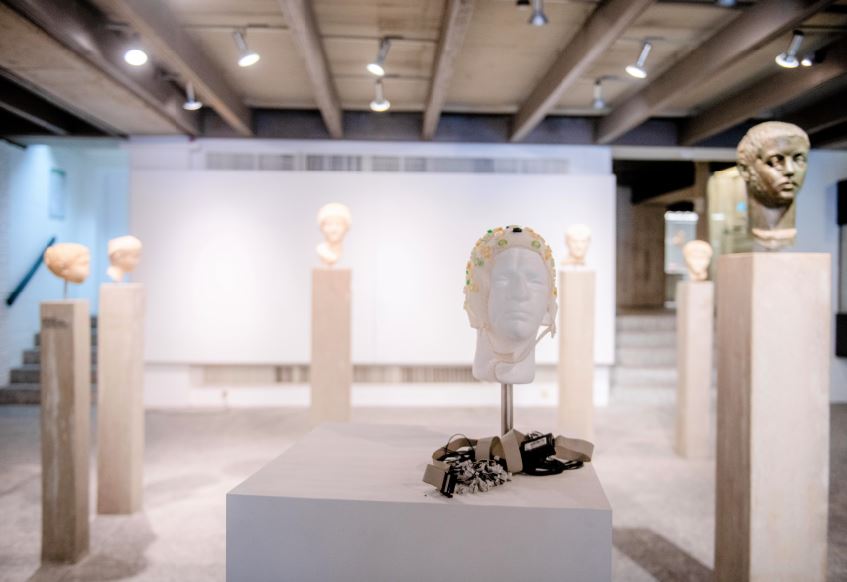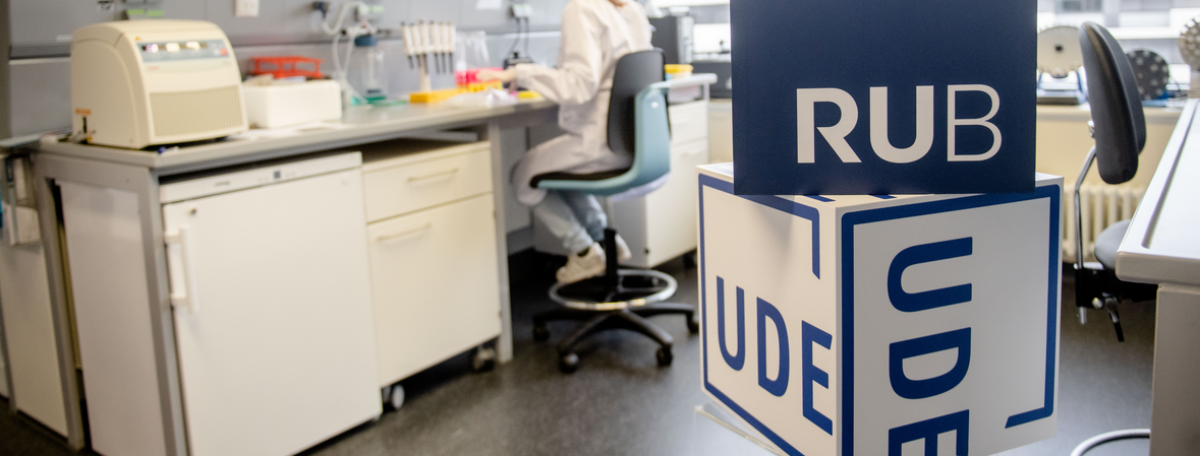in Bochum and Essen
The open positions at Ruhr University Bochum
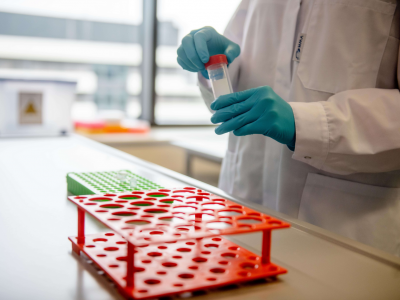
Molecular and cellular neuroscience
Molecular signatures of synaptic functions related to cognition and memory (Project Proposal #1): This project is focused on molecular mechanisms of dopaminergic, serotonergic, and glutamatergic neurotransmission, including signal transduction, regulation of pre- and postsynaptic plasticity by posttranslational modifications and the formation of biomolecular condensates.
These processes play key roles in learning and memory. Methodological approaches comprise advanced cellular imaging, such as live cell super-resolution microscopy, optogenetics, and state-of-the-art techniques in cell biology, biochemistry, and molecular biology. Potential postdoc hosts are Stefan Herlitze, Denise Manahan-Vaughan, Melanie Mark, Andreas Reiner, Jörg Tatzelt, and Konstanze Winklhofer (all RUB).
Cognitive and Behavioral Neuroscience
Microcircuits of Cognition (Project Proposal #2): In this field we aim to discover local networks that are part of a “learning – prediction – action – memory modification” cycle in rodents or birds. We welcome postdocs that would like to pursue research within these areas in one of our labs. These offer cutting edge technologies like machine-learning based animal behavioral analyses, single- and multi-unit recordings in behaving animals, awake small animal 7T fMRI, optogenetics, in-vivo and in-vitro tract tracing etc. to pursue these quests. Potential postdoc hosts are Onur Güntürkün, Stefan Herlitze, Denise Manahan-Vaughan, Melanie Mark, Jonas Rose (all RUB).
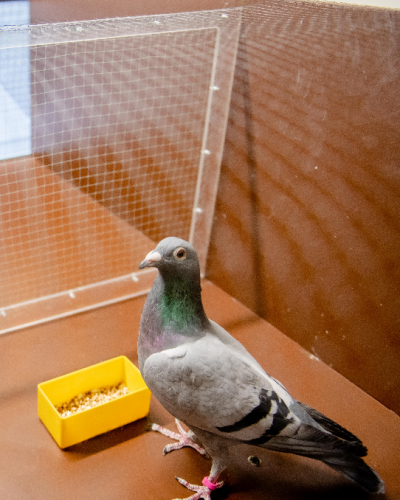
Embedded Cognition (Project Proposal #3): Behavior and cognition don’t exist in a void. Instead they are embedded in the context in which the organism acts. Here we aim to explore how the environment, for instance in the form of spatial or social context, shapes neural representations. To unravel this interplay, we will use modern neurophysiological methods in rodents, pigeons or crows during memory and decision processes. Potential postdoc hosts are are Onur Güntürkün, Denise Manahan-Vaughan, Jonas Rose. In collaboration with Albert Newen (all RUB).
Computational Neuroscience

Adaptive Behavior in Computational Systems (Project Proposal #4): Even though artificial agents have outperformed humans in games such as Chess and Go, their behavior is narrow, rigid and sensitive to deviations. By contrast, animal behavior is rich, flexible and robust. This computational project investigates the neural mechanisms that make animals more adaptable than artificial agents and aims to bring this understanding to bear on machine learning. Potential postdoc hosts are Sen Cheng and Laurenz Wiskott as well as the new professor for Neural Data Science (all RUB).
Translational and Clinical Sciences
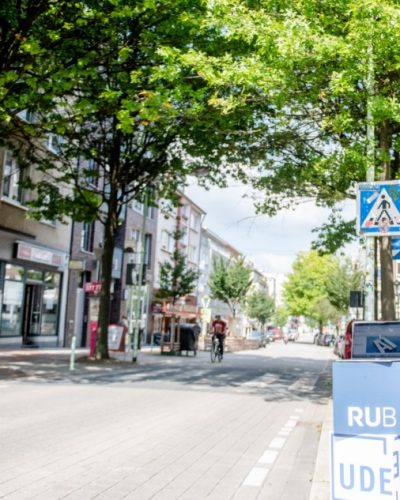
Tracking the engram of stressful and traumatic memories (Project Proposal #7): We aim to identify the functional architecture, in terms of layer-specific feedforward and feedback projections, that underlies the formation and modification of memory traces of stressful and traumatic experiences. We will build on established paradigms to induce psychosocial stress and trauma-analogue memory intrusions and study the underlying neural mechanisms via laminar fMRI recordings at 7T. The project provides strong links to FOR 2812 and SFB 1280 and relies on collaboration with clinical researchers and inter-disciplinary exchange across RUB and UDE. Potential postdoc hosts re Nikolai Axmacher (RUB) and Oliver Wolf (RUB). In collaboration with Indira Tendolkar (UDE) and Marcella Woud (RUB).
The burden of cognitive dysfunction in ataxias from mouse models to man (Project Proposal #8): In this field we aim to discover the cerebello-cerebral circuitry and underlying predictive learning mechanisms regulating memory, emotion and cognitive processes in ataxias. We are interested in how cognitive disorders develop during the course of the disease and how this can be recovered using training, brain stimulation, drug interventions and genetic treatments. Optogenetics, chemogenetics, calcium imaging and viral tracing will be implemented in mouse models and cutting edge 3T and 7T MRI imaging and non-invasive brain stimulation in the same ataxias in humans. The work is linked to SFB/TRR 289 and SFB 1280. Potential postdoc hosts are Melanie Mark (RUB), Michael Nitsche (RUB), and Dagmar Timmann-Braun (UDE).
Translational and Clincal Sciences
How expectations are generated, maintained and changed in the context of medical treatments (Project Proposal #10):
This work aims at exploring the psychological and neural underpinnings of treatment related expectations, interindividual differences in expectations, their temporal dynamics and effects on symptom development. The work is closely linked to SFB/TRR 289 (www.treatment-expectation.de) and can involve experimental work including (f)MRI of expectancy, learning and reward mechanisms in healthy volunteers and patient cohorts (e.g. chronic pain). Projects can also focus on computational modeling of patients’ expectations, symptoms and treatment trajectories depending on the interests and expertise of the applicant. PIs to host a postdoc are Ulrike Bingel (UDE), Tamas Spisak (UDE), Matthias Brand (UDE), Sigrid Elsenbruch (RUB/UDE).
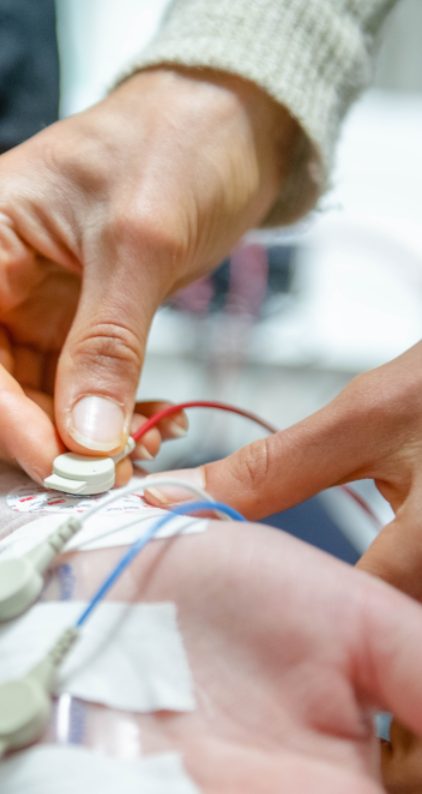
Cognitive and Behavioral Neuroscience
Advanced methods in (high-field) MR imaging of cognitive processes (Project Proposal #12): We are looking for a postdoc who are eager to develop and implement novel methods in MR imaging that support the cutting-edge investigation of cognitive processes. Our main focus is on high-resolution structural and functional imaging of the brainstem, cerebellum, and spinal cord, layer-specific MRI, and other novel approaches at 3T and 7T. Potential postdoc hosts at the Erwin-L-Hahn Institute are Peter Koopmans, David Norris, Harald Quick (all UDE).
The involved PIs in Bochum and Essen
Nikolai Axmacher • Ulrike Bingel • Matthias Brand • Peter Brössel • Sen Cheng • Sigrid Elsenbruch • Onur Güntürkün • Martin Hadamitzky • Stefan Herlitze • Christoph Kleinschnitz • Peter Koopmans • Denise Manahan-Vaughan • Melanie Mark • Albert Newen • Michael Nitsche • David Norris • Harald Quick • Andreas Reiner • Jonas Rose • Manfred Schedlowski • Tobias Schlicht • Tamas Spisak • Jörg Tatzelt • Indira Tendolkar • Dagmar Timmann-Braun • Markus Werning • Konstanze Winklhofer • Laurenz Wiskott • Oliver Wolf • Marcella Woud
in the consortia
SFB 1280 • SFB / TRR 289 • FOR 2812 • FOR 2974 • GRK 2185
